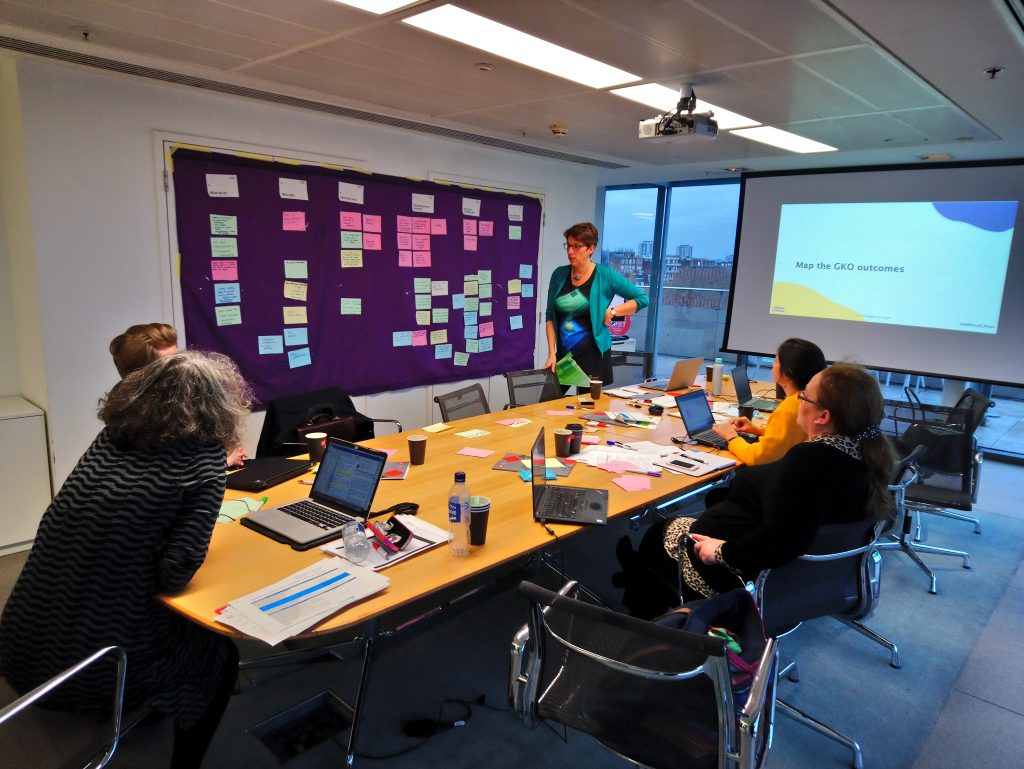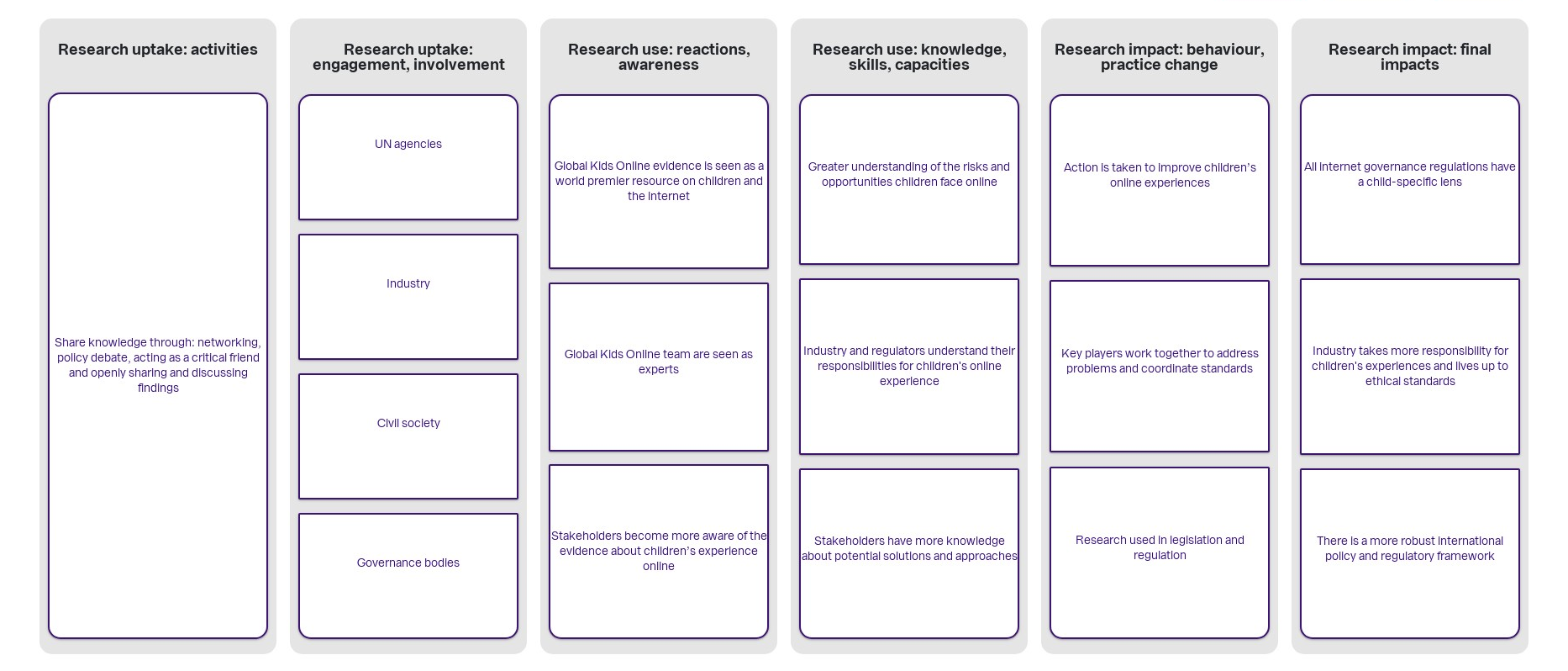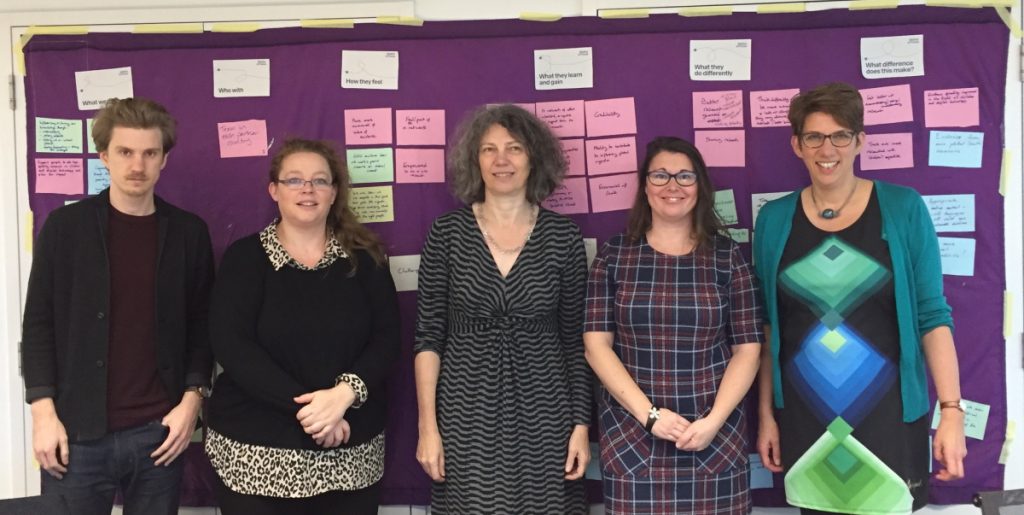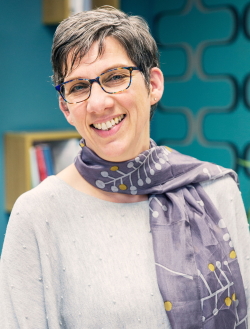The network seeks to understand and improve children’s experiences – positive and negative – of being online, with a focus on children in low- and middle-income countries.
This team was confident that their work was having an impact but didn’t have a way of demonstrating or tracking it. They could see impacts emerging for local countries and in relation to the international agenda.
What we did
In 2018, Matter of Focus was commissioned to evaluate and provide independent verification of self-reported emerging national and global research outcomes and impact from the collective activities of the Global Kids Online network.
We used our methods of impact mapping, context mapping, auditing existing data and collecting more to build a contribution story for this initiative and produce an impact report.

We worked together with the team to set out three main pathways highlighting this initiative’s contribution:
- How the project team’s work inspires and supports people worldwide to conduct their own research about children’s experiences online.
- How the partner countries contribute to changes in policy and practice locally to improve children’s online experiences.
- How the project team pulls together information from partner countries and uses this to influence the international agenda.
These three pathways then formed the basis for data organisation and analysis. We collated existing data from social media, web, press, and event feedback, and collected further data to fill the gaps. This included case studies of four countries, interviews with stakeholders and policy analysis.
We used OutNav to hold these pathways and collate and analyse data against them.

Who with
The Global Kids Online management team Daniel Kardefelt Winther, Kerry Albright and Alessandra Ipince from UNICEF Innocenti, Sonia Livingstone and Mariya Stoilova from LSE.

The study draws on in-depth evidence from three research sites in Bulgaria, Ghana and Uruguay, as well as a review of the activities of the whole network.
What they learned and gained
Our approach allowed a broad capture of impacts internationally as well as the specific impacts in the three partner countries where case studies were focussed. The team could see that there were many impacts, but also learned where they could improve their focus, and how to sustain impact planning in the longer term.
What difference did this make?
This work highlighted wide-ranging impacts in the specific countries and on the international agenda. This supported the creation of an impact case study for the UK Research Excellence Framework and enabled UNICEF, LSE and partner countries to make a case for continued funding of the research.
